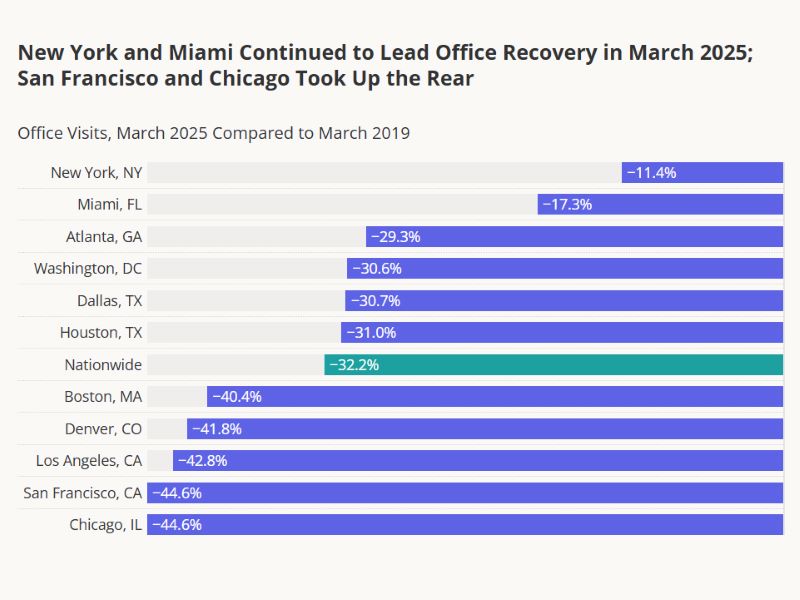CPE’s 2020 Must-Reads
Catch up on our most important stories, interviews, rankings and analyses from this year.
What a year! Across the commercial real estate landscape, 2020 predictions couldn’t have foreseen what would happen next: the end of the longest period of economic expansion, industry associations being forced to put their conferences on hold, more than 40 million Americans losing their jobs, a historic $2 trillion stimulus package passed by the U.S. House of Representatives, hotel occupancy rates dropping to record lows, grocery stores sales down more than 8 percent, to name just a few. Let’s look back at the most important real estate news of this completely unpredictable year.
With lockdowns in most of the country in late March and throughout April, businesses had no choice but to put in place work-from-home policies. As office buildings temporarily closed their doors, the office market has seen a deep nosedive in the average occupancy rate, as well as leasing activity, which had dropped by nearly 50 percent in April. While office buildings struggled this year, developers and investors have focused increasingly on healthy properties and medical office buildings. Later in the year, we found out that initial predictions were optimistic, with office leasing likely to recover by 2025.
But 2020 has been a good year for e-commerce companies and, as a result, for the industrial sector, with increased demand for warehouse and distribution space. Amazon announced plans to invest $250 million in a new location just outside Austin, Texas, while also expanding its distribution network in the entire metro area. What’s more, facilities not well-positioned for e-commerce distribution stand to feel the hardest burden, according to NAIOP. As people shopped more online than in person, logistics assets turned out to be unusually pandemic-resistant.
Meanwhile, Macy’s decision to close 30 of its more than 600 locations at the beginning of the year was just the first in a series of challenges for department stores. As a result of stay-at-home orders, most retail stores were forced to temporarily close their doors in late March and early April following the outbreak of COVID-19 in the U.S. The struggling retail companies that filed for Chapter 11 bankruptcy in 2020 include Pier 1 Imports, Neiman Marcus Group, Lord & Taylor, Stein Mart and CBL & Associates Properties.
Here are CPE’s must-reads for 2020:








You must be logged in to post a comment.